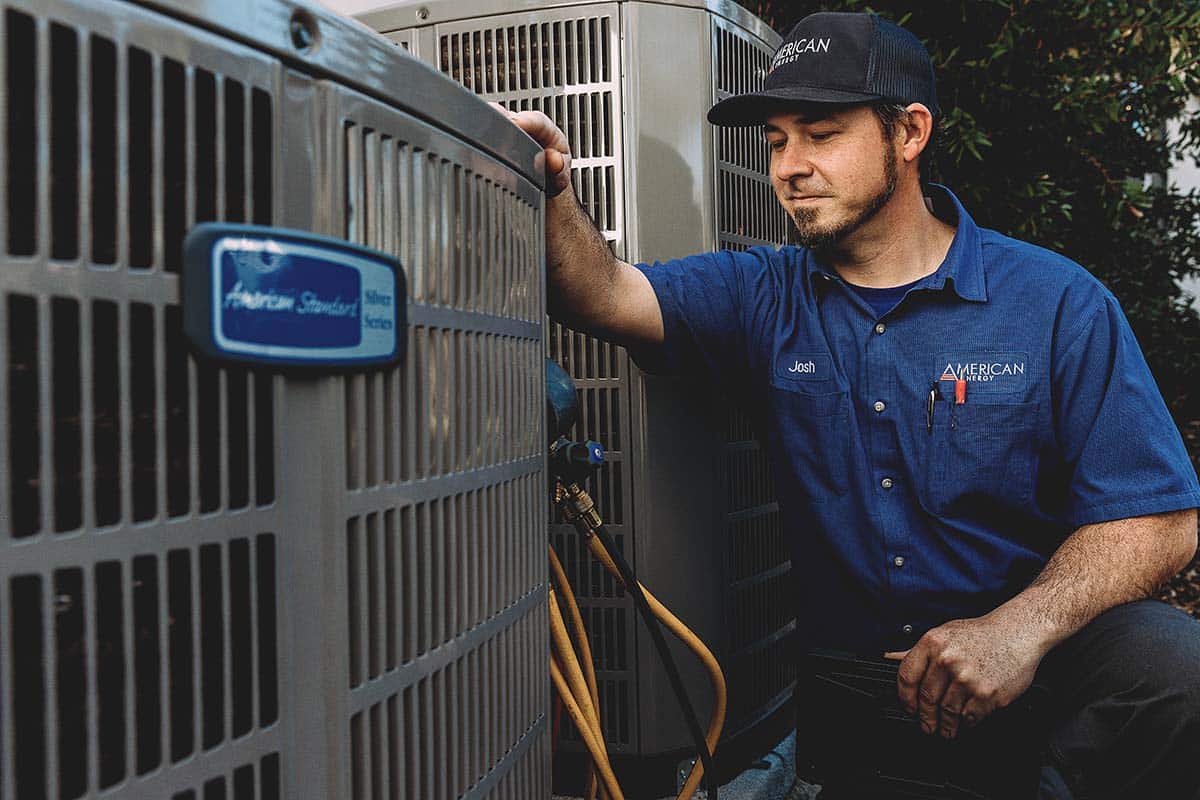Is It Time to Replace Your 20-Year-Old AC Unit?
Introduction: The Lifespan of an AC Unit
When summer arrives, your air conditioning unit becomes your best friend. However, if your trusty air conditioner has been with you for two decades, it might be time to evaluate its performance. In this article, we will explore the signs that indicate it's time to replace your 20-year-old AC unit and the benefits of making such a significant investment. From understanding the intricacies of air conditioning repair services to finding a certified HVAC contractor near you, we've got all the information you need.
Is It Time to Replace Your 20-Year-Old AC Unit?
The age of your air conditioning unit is one of the biggest indicators of whether or not it’s time for a replacement. A typical AC unit has a lifespan of about 10 to 15 years. If yours is pushing the 20-year mark, consider these questions:
- How often do you call for air conditioner repair?
- Are energy bills skyrocketing despite regular maintenance?
- Is your home struggling to maintain a consistent temperature?
If you've answered "yes" to any of these questions, it may be time to consider an upgrade.
Understanding Air Conditioning Lifespans
Air conditioners are built with certain life expectancies based on their usage and maintenance. In general:
- Window Units: Last about 5-7 years
- Split Systems: Average around 10-15 years
- Central Air Systems: Can last from 12-20 years
After reaching two decades of service, even the most well-maintained units can struggle with efficiency and reliability.
Common Signs You Need an AC Replacement
Financial Considerations for AC Replacement
Investing in a new air conditioner isn't only about purchasing equipment; it’s also about long-term savings on energy consumption and repairs.
Initial Costs vs Long-Term Savings
| Item | Estimated Cost | Notes | |----------------------------|-------------------------|--------------------------------------------| | Repair Costs (Annual) | $300 - $600 | Frequent repairs add up quickly | | New Unit Cost | $3,000 - $7,000 | Depending on size and model | | Energy Savings (Annual) | $200 - $500 | New units are much more efficient |
By replacing an inefficient older model with a newer one that meets modern standards, homeowners can significantly lower their monthly utility bills while reducing their carbon footprint.
Choosing the Right Type of Air Conditioner
Once you've decided it's time for a replacement, you'll want to explore which type fits your needs best.
Types of Air Conditioners
- Best for larger homes
- Provides whole-house cooling
- Higher initial cost but usually more efficient
- Great for homes without existing ductwork
- Offers zoning capabilities
- More costly upfront but can save on energy bills
- Affordable option for small spaces
- Limited cooling range
- Less efficient than other systems
- Flexible and easy to set up
- Ideal for temporary use
- Not as effective as permanent installations
Finding Trusted HVAC Contractors Near You
When it's time for installation or even just consultation regarding air conditioning repair service options, finding a trusted HVAC contractor is crucial.

How to Find Certified HVAC Contractors
What to Expect During Installation
Installing a new AC system typically involves several steps:
Regular Maintenance Tips Post-Replacement
To prolong the life of your new air conditioner:
FAQs About Replacing Your Old AC Unit
1. What should I do if my old AC breaks down completely?
If your old unit breaks down beyond repair—especially if it’s over 15 years old—consider investing in a new model rather than spending money on extensive repairs.
2. How much does it cost to replace an air conditioner?
The cost varies widely depending on factors like type, brand, installation complexity—but generally ranges from $3,000-$7,000.
3. Can I install my own air conditioning unit?
While DIY installations are possible for window units or portable systems, central systems typically require professional installation due to complexity and safety concerns.
4. How long will my new AC last?
With proper maintenance and care, most modern units can last between 15-25 years depending on usage patterns.
5. What’s included in annual maintenance services?
A typical service includes checking refrigerant levels, cleaning coils/filters/fans, inspecting ductwork integrity, and ensuring overall system efficiency through tests.

6. How often should I replace my air filters?
It’s recommended that you change standard filters every month during peak seasons; however, some high-efficiency models Discover more may require less frequent changes (every three months).
Conclusion: Making an Informed Decision
Deciding whether it's time to say goodbye to your trusty old air conditioner involves considering various factors ranging from its age and reliability through operational costs versus potential savings from improved efficiency offered by newer models available today.

Investing in an energy-efficient appliance not only enhances comfort but also contributes positively towards environmental sustainability efforts—making every cool breeze worth it! So ask yourself again— Is It Time to Replace Your 20-Year-Old AC Unit? The answer might just lead you toward comfort that lasts!
This article aims at providing comprehensive insights into evaluating whether it's indeed time for an upgrade while also addressing common concerns associated with replacing aging equipment effectively! Whether you're searching online using terms like "ac installation near me" or "ac services near me," remember that investing wisely now can lead toward long-term satisfaction!